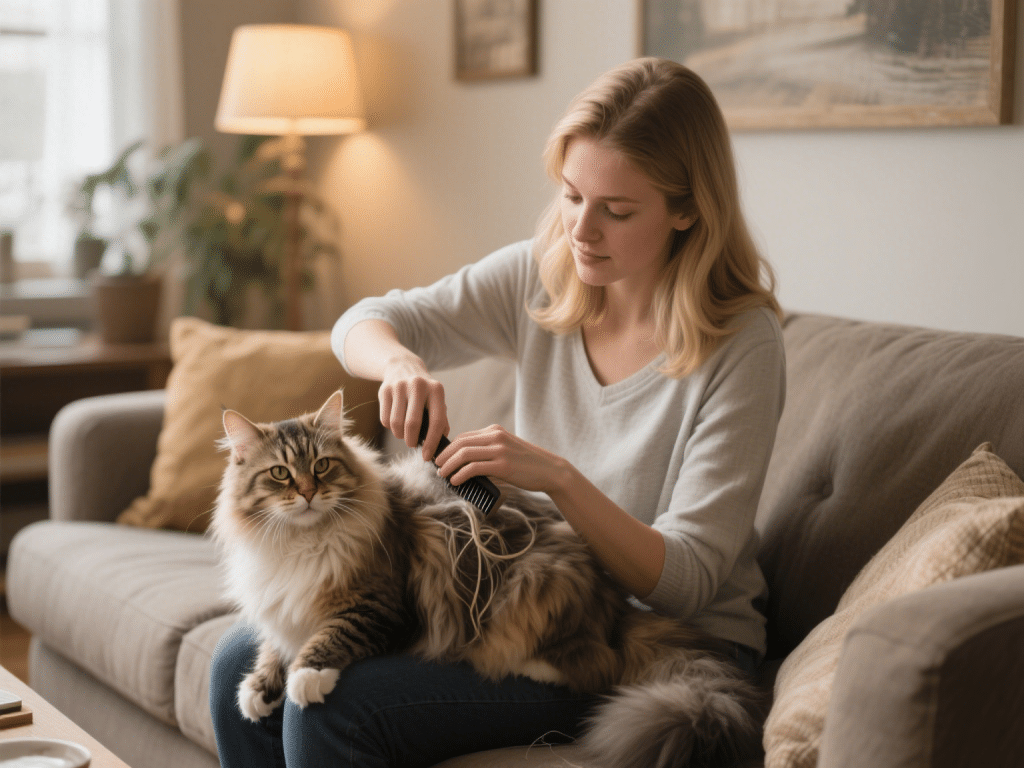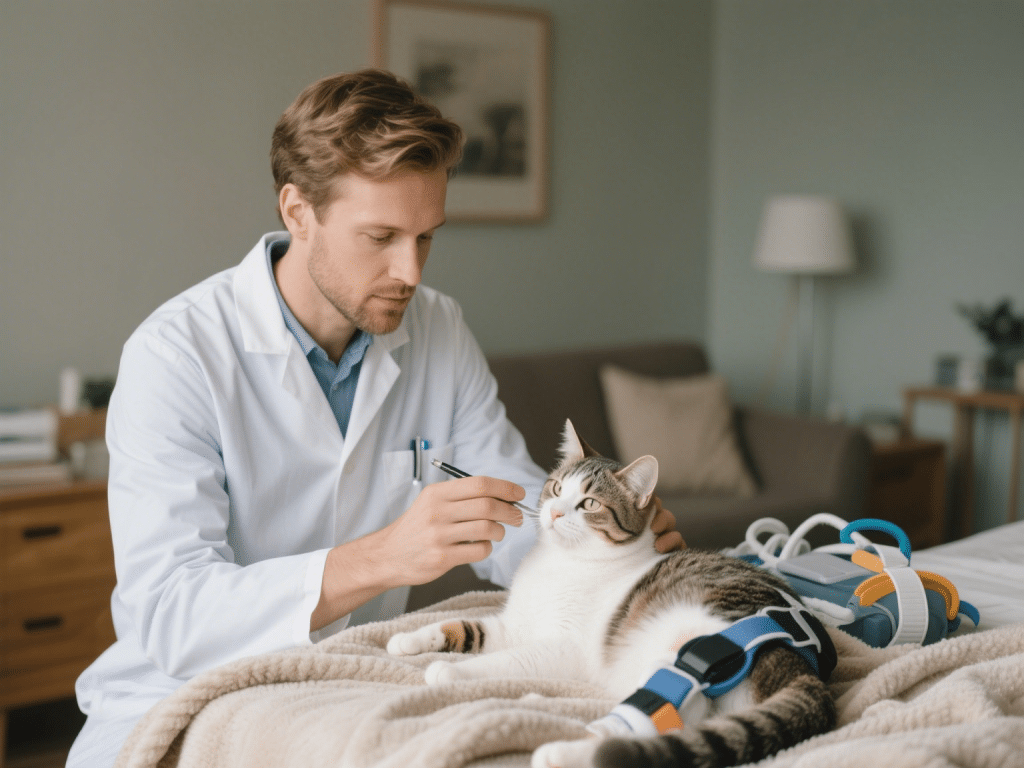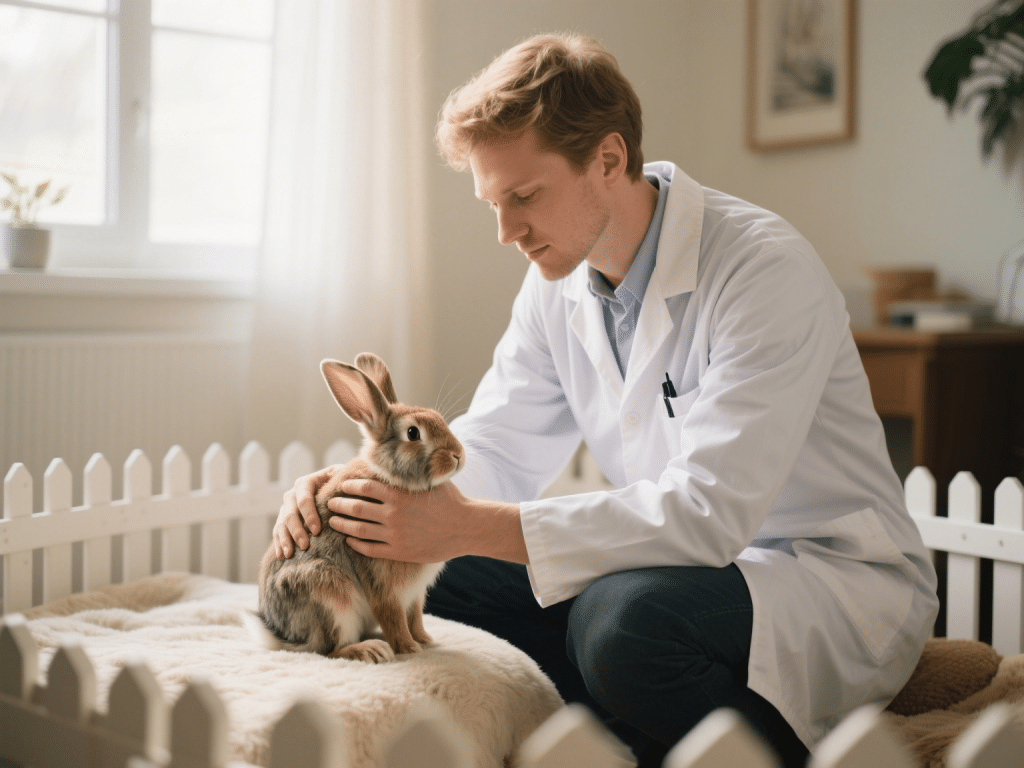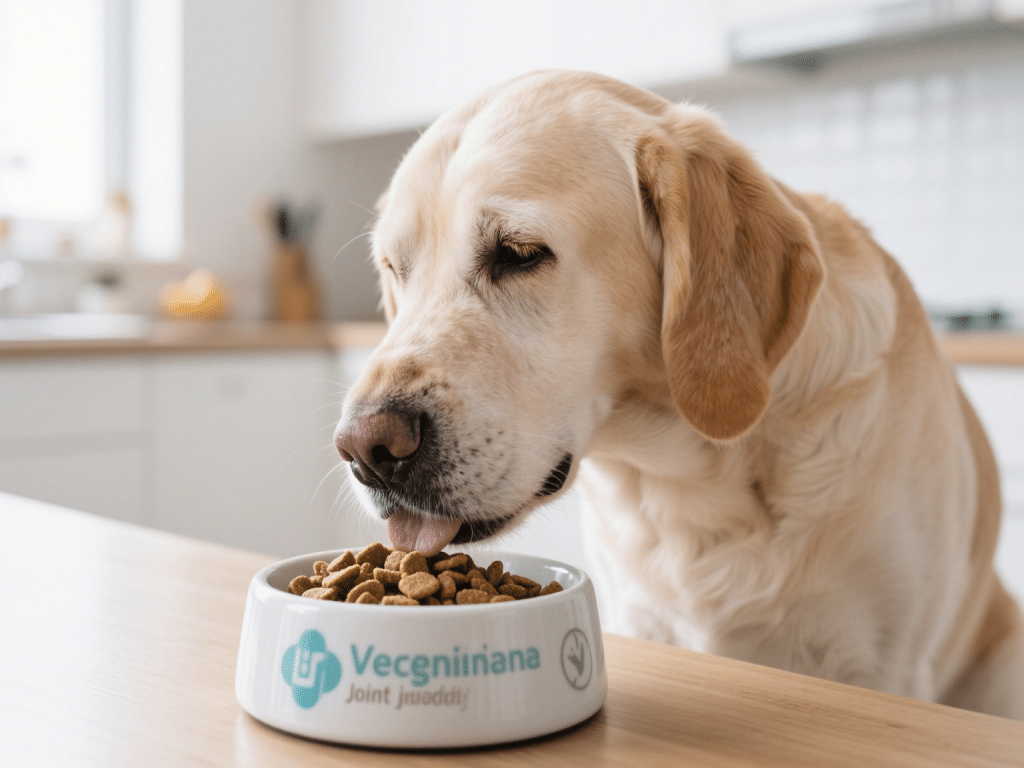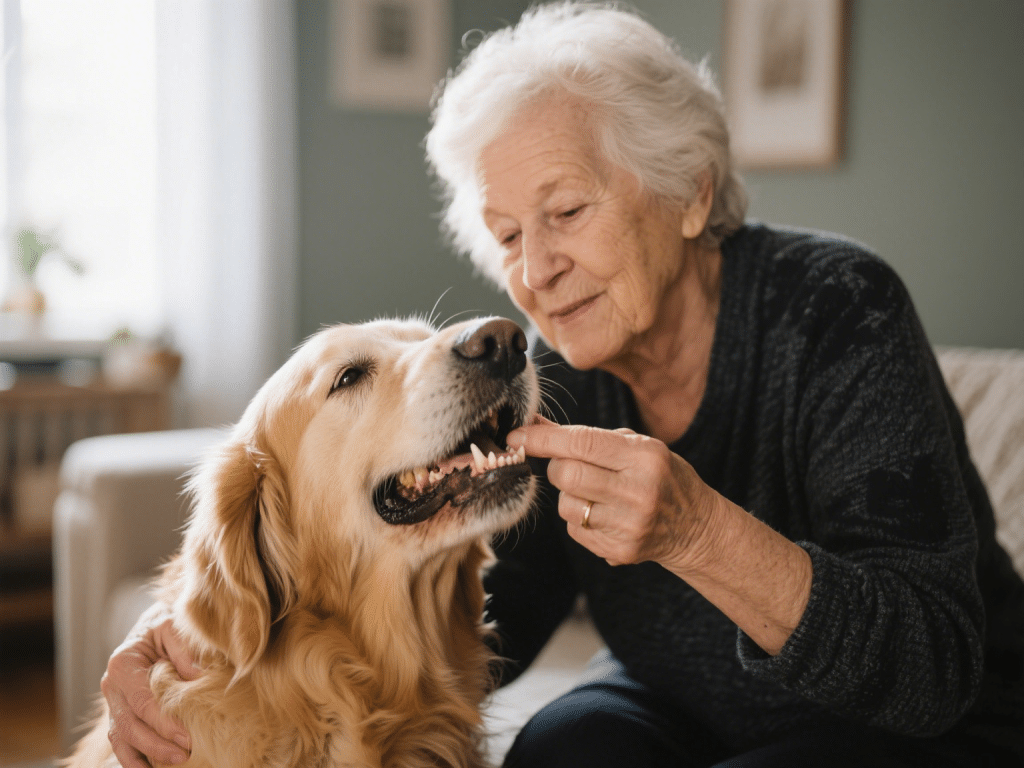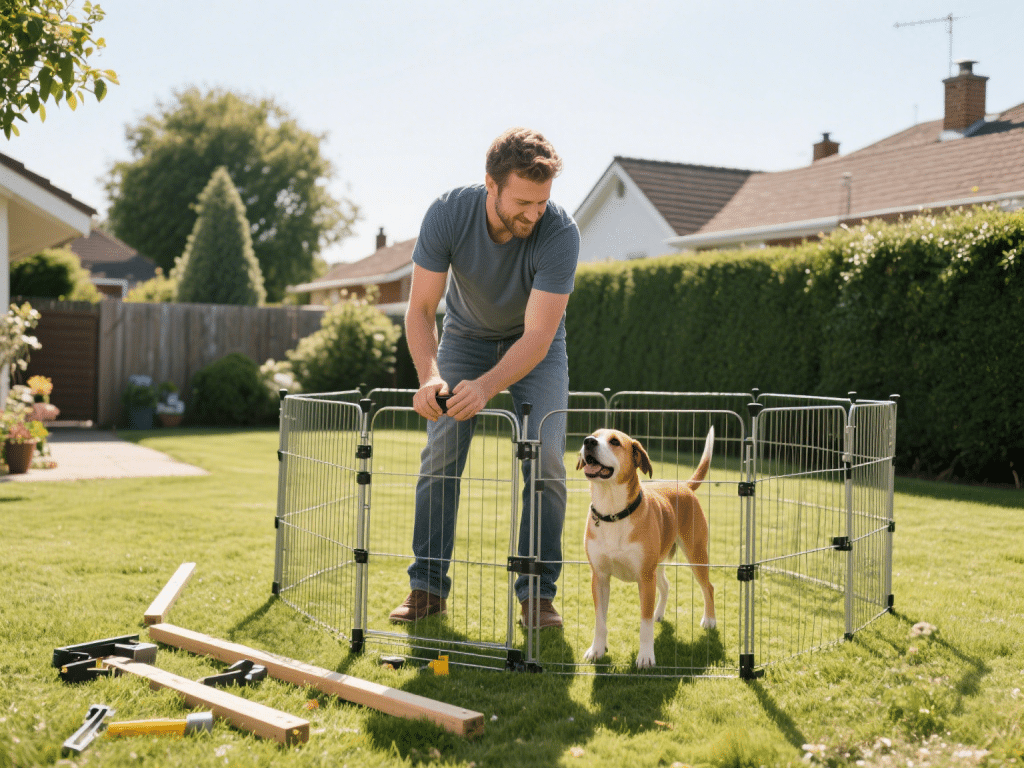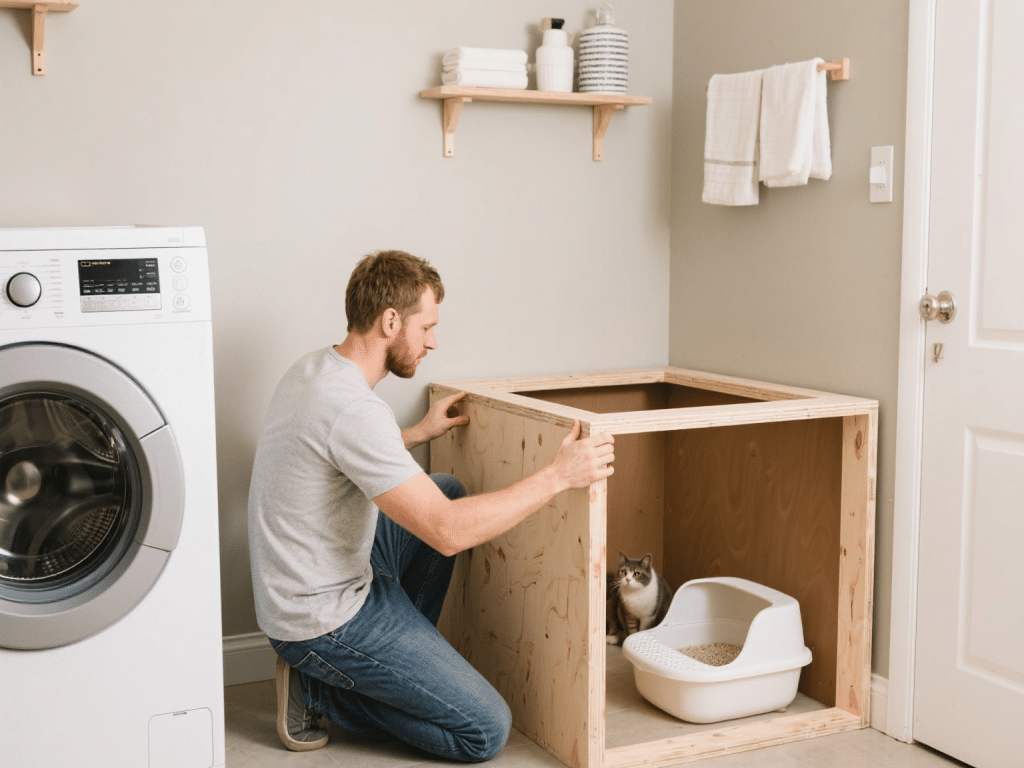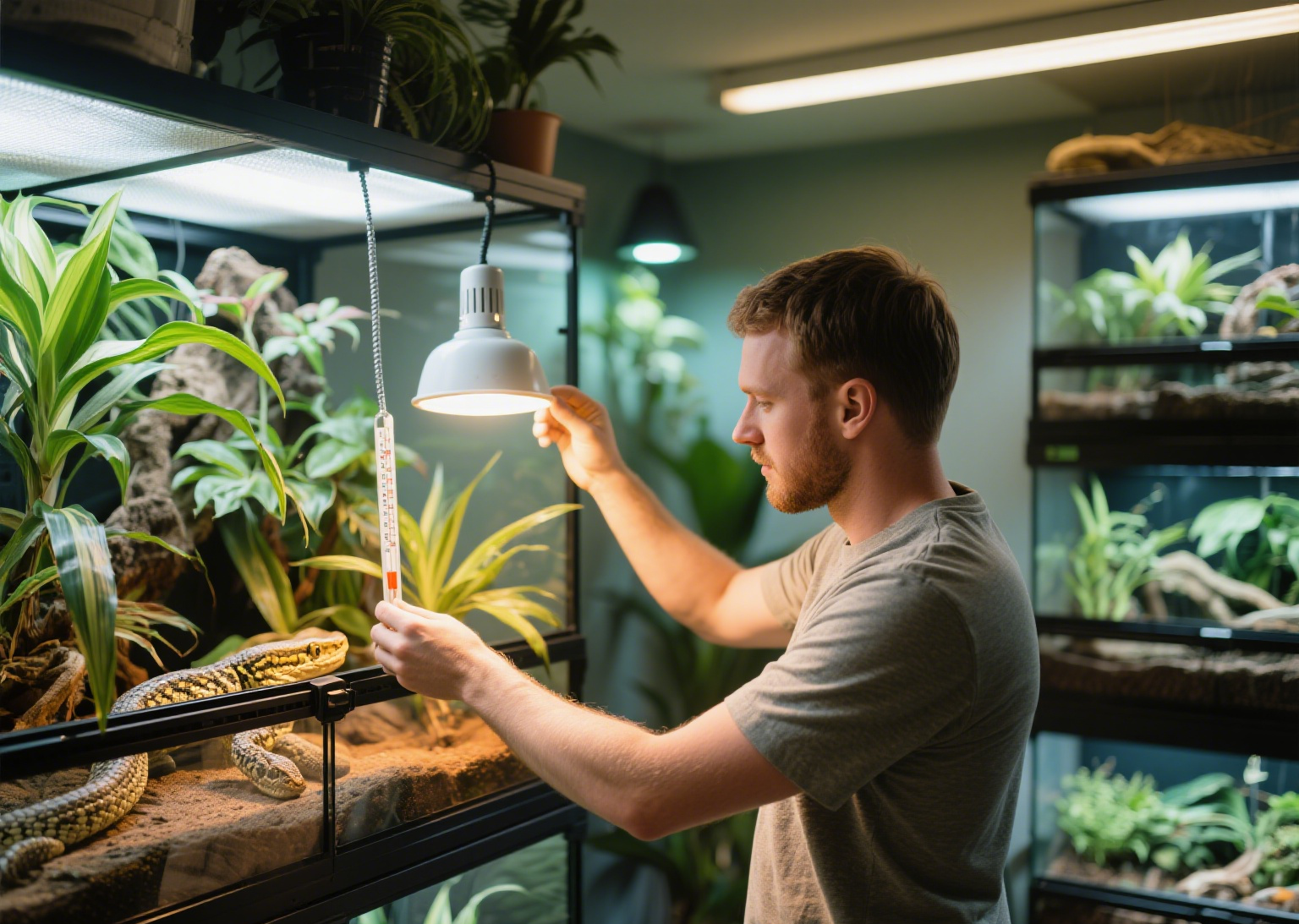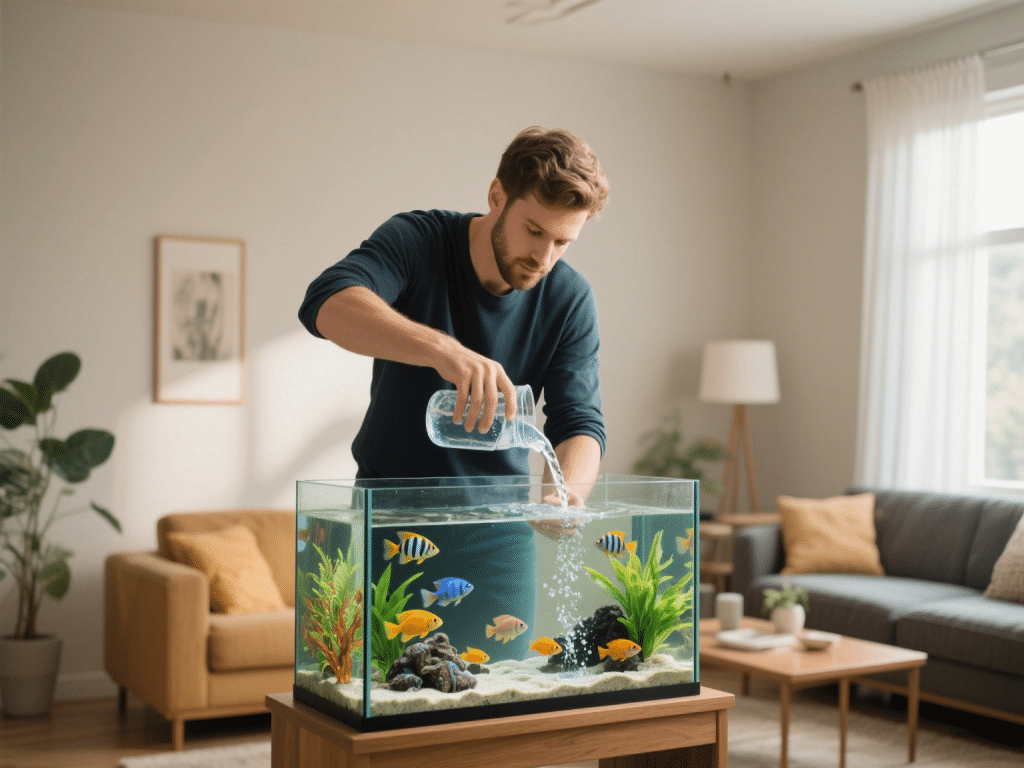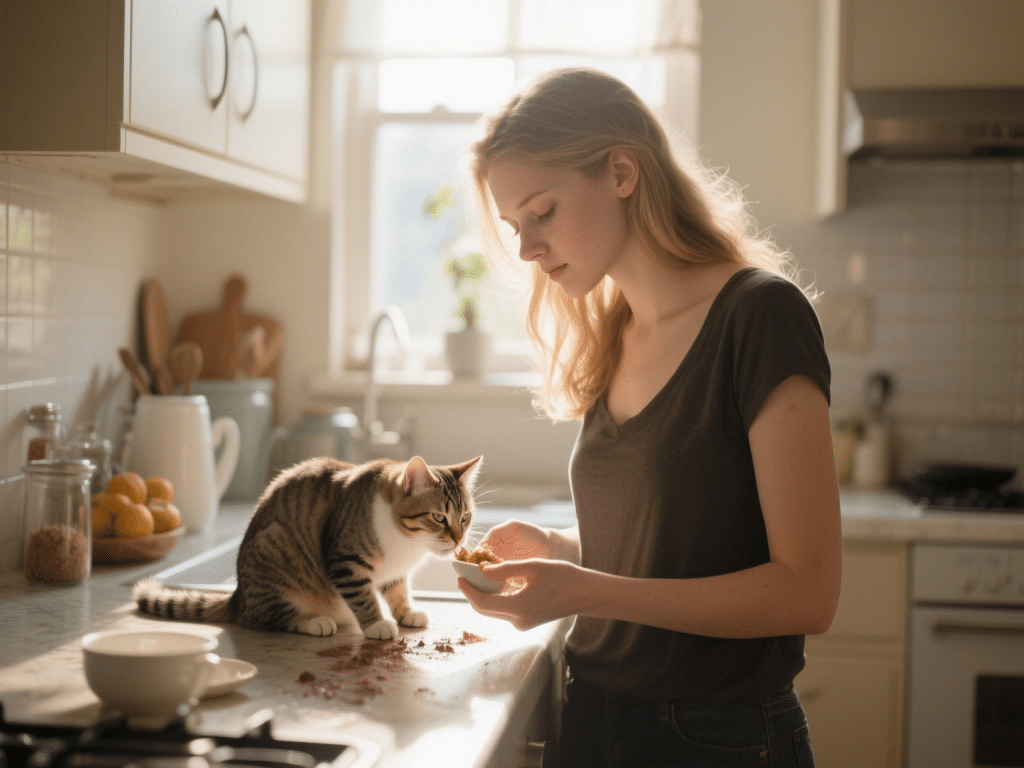
As an experienced feline health specialist and long-time blogger, I understand how devastating a chronic kidney disease (CKD) diagnosis can be for cat owners. CKD affects up to 30% of cats over 10 years old, gradually reducing renal function and causing symptoms like increased thirst, reduced appetite, and weight loss. While conventional treatments focus on prescription renal diets and subcutaneous fluids, integrating natural, supportive strategies enhances quality of life and can slow progression.
1. Hydration Strategies
Maintaining hydration is the cornerstone of CKD management. Cats naturally have low thirst drives, so wet food or water fountains are essential. Place multiple ceramic or stainless-steel bowls filled with filtered water in quiet, accessible areas. Offer broths made from low-sodium chicken or turkey—unsalted, no onion or garlic—to entice drinking and provide electrolytes.
2. Renal-Supportive Nutrition
While prescription renal diets limit phosphorus and protein, supplementing with high-quality, low-phosphorus proteins (e.g., egg white or cooked turkey breast) ensures adequate nutrition. Work with your veterinarian to balance homemade meals using recipes that include:
Egg white omelet: served plain, once daily for lean protein
Steamed pumpkin puree: 1 tbsp per 5 lbs body weight for fiber and hydration
3. Phosphorus Binders from Natural Sources
Excess phosphorus accelerates renal damage. Calcium carbonate or chitosan binders can be sprinkled onto meals. Discuss dosing—often 15–20 mg/kg calcium once daily—to maintain serum phosphorus under 5 mg/dL, as recommended by the International Renal Interest Society (IRIS).
4. Antioxidant and Anti-Inflammatory Supplements
Omega-3 fatty acids: EPA and DHA from fish oil reduce renal inflammation. Start at 50 mg EPA+DHA per 10 lbs body weight per day.
Turmeric extract: standardized to 95% curcuminoids—use 50 mg per 10 lbs body weight, mixed in soft food.
Always introduce supplements gradually and monitor for gastrointestinal upset.
5. Probiotic Renal Support
Renal bio-adsorbent probiotics (e.g., Enterococcus faecium strains) help bind uremic toxins in the gut, reducing azotemia. One study showed a 20% decrease in blood urea nitrogen (BUN) after 4 weeks. Administer per package instructions.
6. Regular Veterinary Monitoring
Schedule bi-monthly bloodwork to track creatinine, BUN, phosphorus, and PCV. Adjust fluid therapy and diet based on IRIS staging. Early stages (1–2) often respond well to diet alone, while stages 3–4 may require fluid support and appetite stimulants.
Conclusion:
By combining hydration tactics, balanced homemade diets, natural phosphorus binders, and targeted supplements under veterinary supervision, you empower your senior cat to thrive despite CKD. Meticulous monitoring and compassionate care form the foundation of a holistic renal health protocol.

